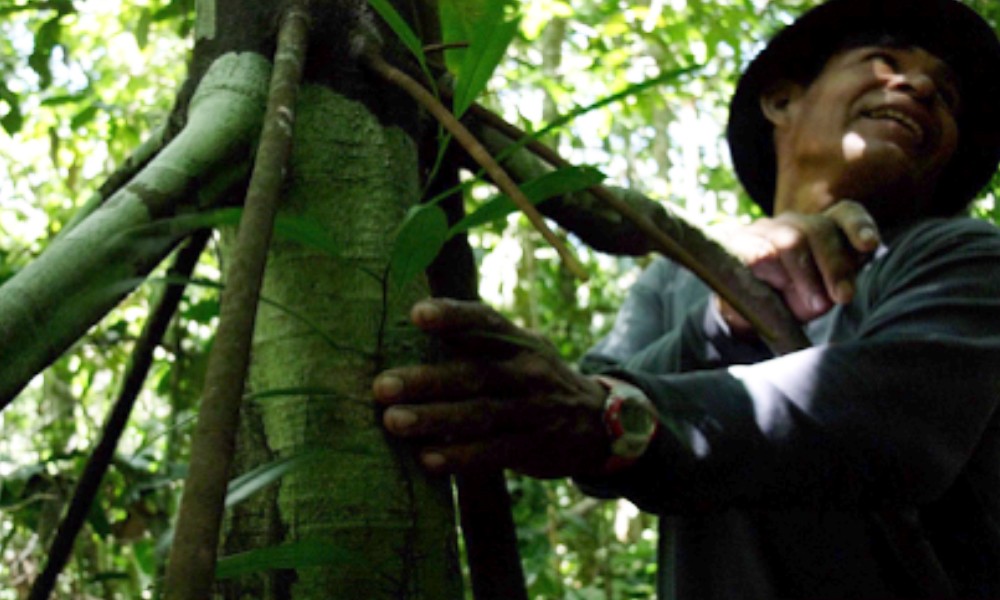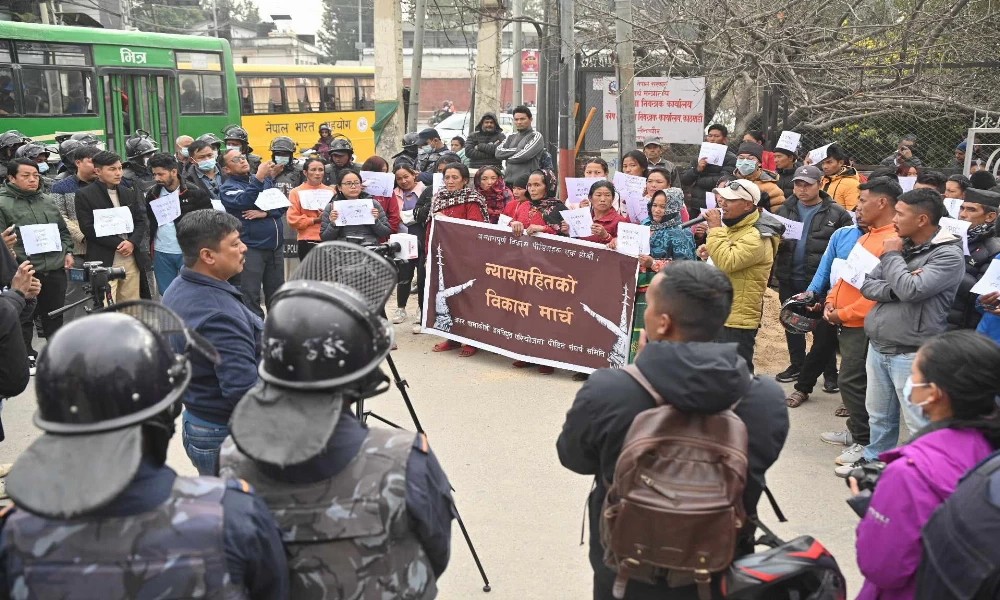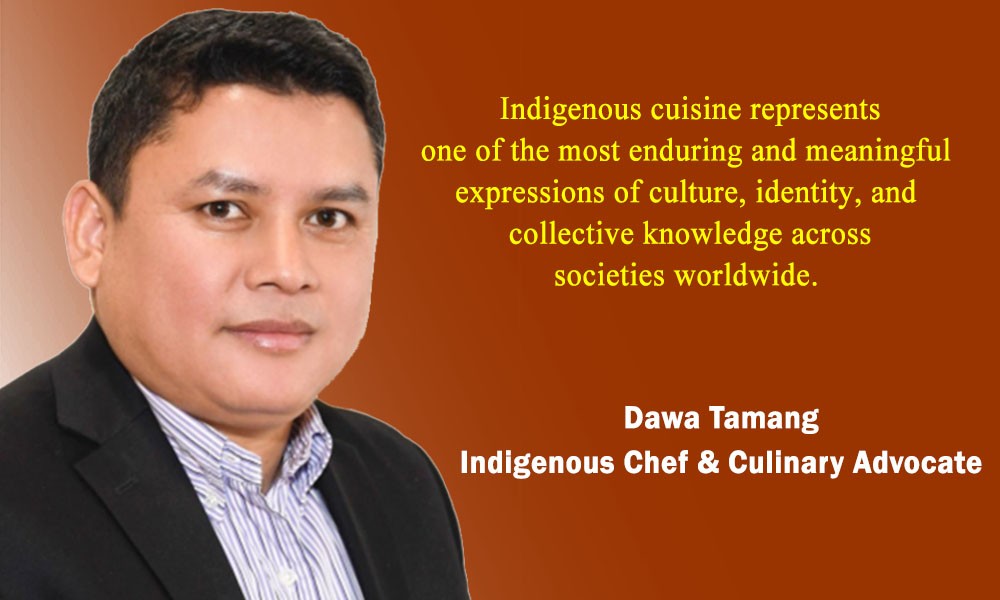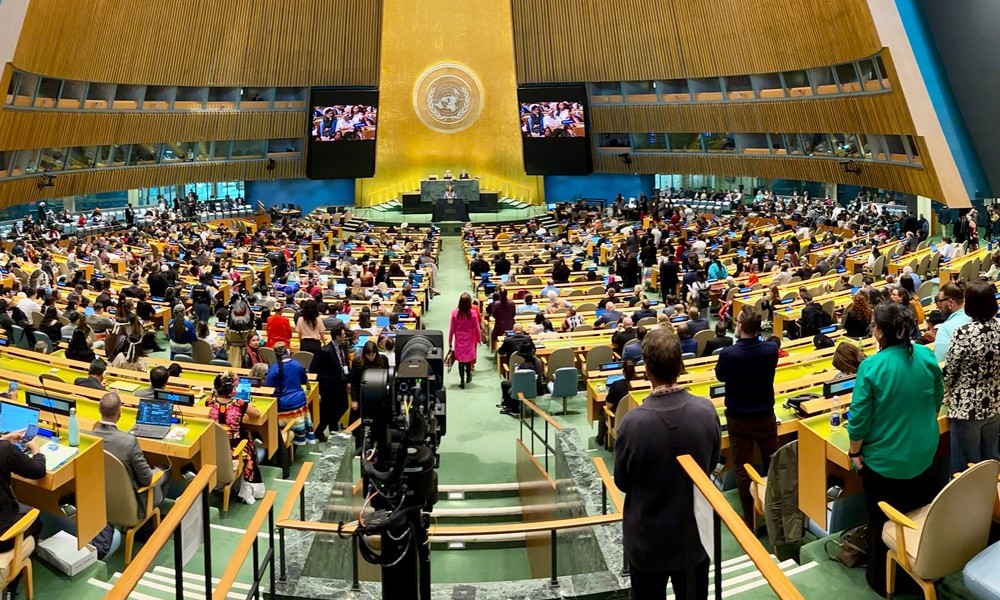Reynaldo A. Morales
Lake Imiria would be seen for the modern western urban and industrial world as a piece of paradise long gone. Seven hours far from Pucallpa and out of the reach of the state and the world, navigating the Ucayali River amongst the fifteenth cold wave of the year, when only 5 were the expected average. Its vast landscapes might seem to western eyes an infinite source of living products for businesses to be taken, and for extractive predatory corporations as thriving financial opportunities around all kinds of raw genetic and biological material of immense value. For local illegal loggers, coca leaf growers and large fishermen and hunters, it seems it is preyed as an unlimited extracting zone, counting on the endemic absence of a unified Indigenous Peoples territorial representation, and the lack of competence from authorities and government administrators about very specific bundle of rights affirming the collective territorial property of the Shipibo and Konibo Peoples in the region where the Imiria Lake, as Protected Area, is located. These gaps created by the pervasive foundations of the colonial structure of the Peruvian state in the decision making about Indigenous Peoples territorial rights from its own administrators, has created a very tense climate in which new actions have emerged around the recognized legal fact that this fragile ecosystem under the Peruvian state protection is legally the ancestral territories of Amazonian nations with governance structures that existed long before the Peruvian state and survived its conflicted history.
After Peru sustained a particular republican redefinition of Spaniard descendant elites forced in the 70’s, to give up a ruthless feudal control of lands that engulfed entire ancestral nations in the Andes, the country survived a civil war forging a neocolonial multicultural and multiethnic national project on top of surviving ancestral Indigenous Peoples governance structures in the Andes and Amazonia. In this process, the political identity of Amazonian Indigenous Peoples, crushed by military invasions and settlements of displaced Andean farmers converted into Campesinos claiming forcibly evicted land, was fortunate to be preserved unlike their Andean Indigenous Peoples rebranded as Campesinos, and demoted by the military coupe as farmers and cooperative agrarian organizations, today engaged are in an imposed process of parceling and atomization resulting from its weak role in the national agrarian chain value and commodities market.
Is in this context that the revision of the historical and contemporary foundations of Indigeneity in Peru are very relevant to understand Lake Imiria’s signification, beyond its classification as part of a national system of unique natural protected areas and as the legitimate home of ancestral Amazonian Indigenous Peoples, who in the face of irreversible ecological devastation and climate change impacting Amazonian territories, became against all odds too as real-time heroes of the implementation of the UN Sustainable Development Goals, relevant to biodiversity conservation, global climate change action, deforestation and protection of life under water, among other key goals around living sustainably. After all, the Amazonian Indigenous Shipibo-Konibo-Xetebo Council (COSHICOX) participates since 2018 at the United Nations Convention on Biological Diversity COP-14 in different technical committees, as part of the International Indigenous Forum on Biodiversity, the formal advisory board to the convention on Indigenous international law. Also since 2021, COSHICOX participates to the UN Climate Change Conference as member of the International Indigenous Peoples Forum on Climate Change global delegation, in the technical committee that reviewed and provided recommendations to the Article 6 of the Paris Agreement, updated at Glasgow COP26 in direct dialogue with the Peruvian government and other countries.
Deep in the field, Shipibo Konibo Peoples live with these gaps as part of a daily reality. In July 27, one day before the National Independence celebration, members of the Shipibo and Konibo communities initiated the peaceful occupation of the Regional Area of Conservation (ACR) of Lake Imiria’s site. Members of at least 12 Shipibo communities in the area pleaded alliance to the call from COSHICOX and the newly formed Indigenous Guard from the community of Caimito, and mobilized across the innumerable streams around the Imiria Lake archipelago. Peruvian Amazonian Indigenous Peoples biocultural and political identity are inextricably tied to the national 75 natural protected areas system that constitute 15.21% of the country surface area, with 12 national parks, 9 national sanctuaries, 4 historical sanctuaries, 15 national reserves, 3 wildlife refuges, 2 landscape reserves, 8 communal reserves, 6 protected forests, 2 hunting enclosed lands and 14 reserved zones.
According to COSHICOX, since 2000 regional government environmental authorities have executed millions of dollars in projects resulting in the consistent pattern of irresponsible management practices and lack of respect for the territorial rights and incorporation of traditional knowledge from the Indigenous communities in the decision making for the region’s conservation. Shipibo Indigenous Peoples argue against the perpetuation of a conservation model that excludes Indigenous Peoples in their own territories and forests. The Regional Conservation Area (ACR) of Imiría was established by presidential decree in 2010, juxtaposed to ancestral territories of 5 Indigenous Shipibo communities and an adjacent territory of 8 settlements (Caseríos).
The most serious allegations are that this ACR was established without an adequate Free, Prior and Informed Consent process, and without a proper voting system as international law ratified by the Peruvian government mandates.
The take of the ACR site is part of a wide disagreement from local communities against the establishment and management of the ACR. The most serious allegations are that this ACR was established without an adequate Free, Prior and Informed Consent process, and without a proper voting system as international law ratified by the Peruvian government mandates. These alleged violations have been more evident by the apparent incompetence of the ACR administration to stop illicit activities and environmental damage, such as illegal fishing and depletion of fish population, deforestation, traffic of wood-based products and wildlife; land invasion and deforestation by Mennonite concessions and parallel presence of narcotraffic; and widespread contamination of the Imiria Lake due to chemical residues from coca plantations and irresponsible use of poison for fishing.
For Shipibo communities these practices are anything else than conservation. Form their practical vantage point the state backs a project to impose a large fishing operation facilitating that big fishing companies in Pucallpa and outside have access, while Indigenous Peoples are forbidden to commercialize fish for their own sustenance and economic development. These practices are inconsistent with the rights of management of natural resources that indigenous Peoples have guaranteed by international law ratified by the Peruvian government. Shipibo communities report daily cases of community members affected by local authorities limiting their rights of use and management of their territory by forcing to comply with local authorities under fine or arrest threats to obey a particular exercise of a conservation law that is not respectful of environmental standards and current international treaties and policy for Indigenous Peoples.
The new laws about climate urgent climate action should stop deforestation created by forest exploitation concessions, and reported land traffic maneuvers operated by agrarian authorities, coca plantations and land invasion; supporting instead the role of the Indigenous Guard as environmental stewards and allow these communities to live in their self-determined life as part of this ecological protected area.
Shipibo and Konibo communities and their consolidated Indigenous territorial representative, COSHICOX, propose a new legal framework that would give them the majority of the control and management responsibilities under a legal framework of indigenous Communal Reserve. The annual budget destined by the central government could benefit to support Shipibo communities and a minority participation of local Andean settler communities in the development of local capacity to support and manage environmental services such as carbon capture and Indigenous cooperatives, as non-market solutions and no commercial investment alternatives, opening the space for Indigenous conservation knowledge and models to manage effectively their own ancestral territories in productive and transparent relationship with the Peruvian state. The new laws about climate urgent climate action should stop deforestation created by forest exploitation concessions, and reported land traffic maneuvers operated by agrarian authorities, coca plantations and land invasion; supporting instead the role of the Indigenous Guard as environmental stewards and allow these communities to live in their self-determined life as part of this ecological protected area.
As new round of negotiations with the Peruvian government are being summoned for the coming week, the negotiations towards a new form of formal prior consent process and the new legal figure of Communal Reserve that replaces a Regional Conservation Area with majority of Indigenous Peoples participation, would set the stage of an important legal precedent in the enforcement of global treaties around Indigenous Peoples, biodiversity and climate change in the region, as part of a responsible implementation of the UN Sustainable Development Goals with full cooperation and respect of the Peruvian government of its obligations and leadership as megadiverse country.
Reynaldo A. Morales is Northwestern University Faculty Fellow at Buffett Institute for Global Affairs, and Assistant Professor at Medill School of Journalism and Media, Chicago, US. Holds a joint PhD in Environment and Resources (University of Wisconsin-Madison Nelson Institute for Environmental Studies), and Curriculum and Instruction (University of Wisconsin-Madison School of Education).










